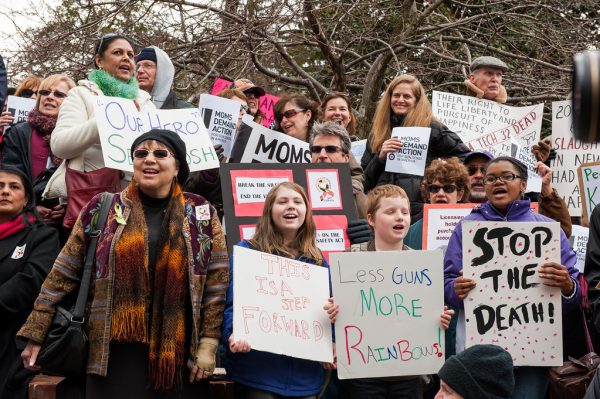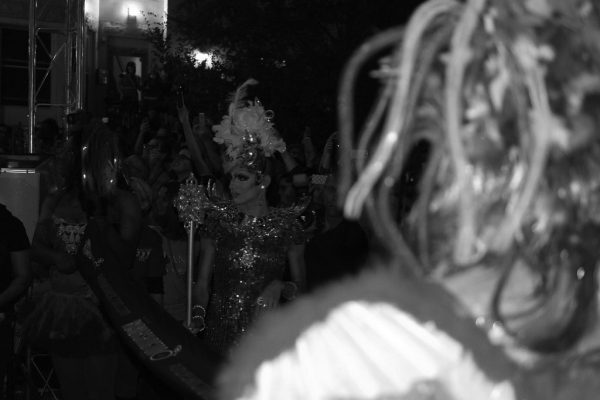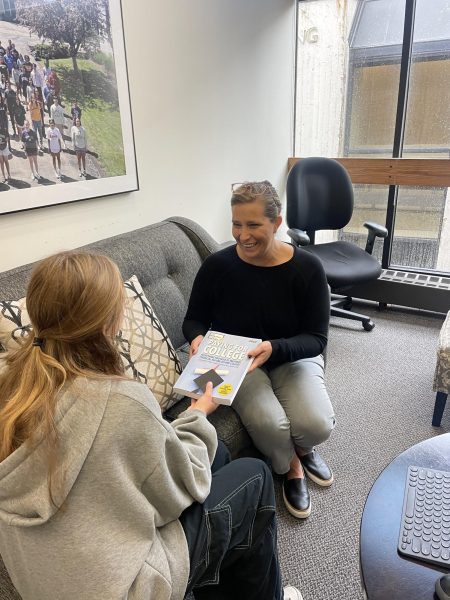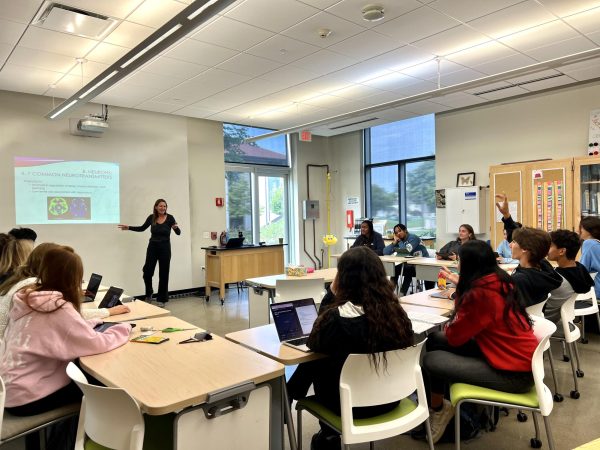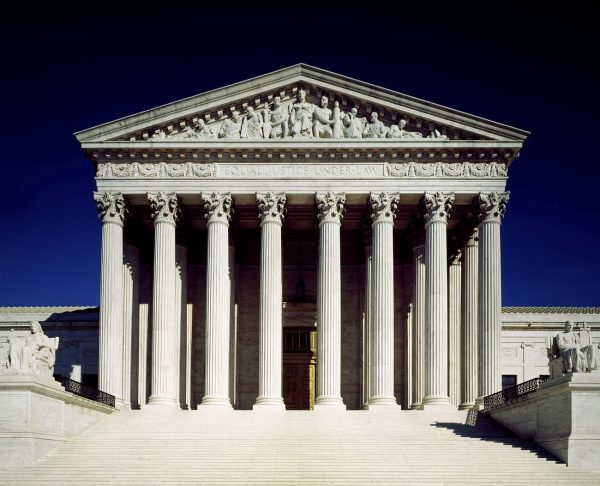Guatemalan Bill threatens LGBTQ+ Community
April 26, 2022
By Finn Harrison
Senior Copy Editor
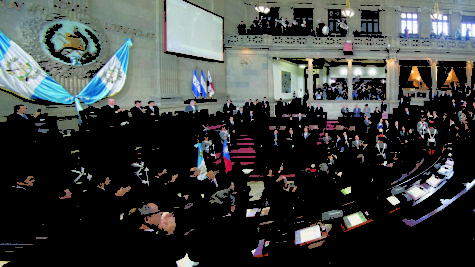
On International Women’s Day, of all days, the Guatemalan legislature took a monumental step against the LGBTQ+ community. Bill 5940, or the “Life and Family Bill,” would crimalized abortion and ban the discussion of topics associated with the LGBTQ+ community or any sexual discussion within a school environment. Luckily, President Alejandro Giammattei, originally having been supportive, vetoed the bill on the basis that it would violate two internationally agreed treaties regarding human rights and saying that he would only sign it unless it had been majorly pulled back.
This bill is one of the most regressive of its time. It would entail that abortion could merit up to a 10-year prison sentence for women who chose to have them, and that women who “caused their own abortion,”would receive up to four years. This means that women who had miscarried would be “investigated” as suspects of having had abortions. Additionally, this bill would impose a ban of 50 years against any doctor who assisted in an abortion. Some have compared it to Texas’s recent bill regarding abortion. This bill is not just extremely conservative in how it would handle the matter of women’s reproductive rights but also regarding the LGBTQ+ community. The bill bans all same-sex unions, even those not legally certified. It would also move to ban even the discussion of the gay and transgender communities as a whole. Furthermore, the legislation stated that all sexual education was “exclusive to the parents.” It also essentially limits the sexual freedoms of all Guatemalans, especially that of women and those who identify with the LGBTQ+ community under the guise of protecting the sanctity of “life, family, and marriage.” [Bill 5940] It excludes a large portion of the Guatemalan population from exercising their full human rights mandated in the United Nations charter of which Guatemala is a signatory.
Many have also compared this bill to other legislation being proposed and passed across the Western world, even in the United States. The most recent example being the Florida Bill HB 1557 or the “Don’t Say Gay Bill,” which bans the discussion of transgender and gay persons within an educational environment, something the “Life and Family” Bill also mandates. Sarah Daly ‘23, leader of the Gender Sexuality Alliance at LFA, said on the matter that, “It is somewhat similar to the ‘Don’t Say Gay Bill’ in that limits what those in the LGBTQ+ community can do with their lives, and punishes them for things that are not under their control, and we’ve spoken about that at our GSA meetings. It makes people feel as if what they are doing is wrong even though it is not. It’s oppression. If one country takes away someone’s identity then others will do the same.” The idea that the government needs to protect the supposed religious and moral sanctity of families by discriminating against the LGBTQ+ community is not a new idea, and in fact, is similar to rhetoric in legislative circles in the United States today. Both aspects of this bill, its homophobic stances as well as its limits on women’s reproductive rights are being proliferated within our country and abroad meaning this regressivism taking place in Guatemala is not an isolated incident










